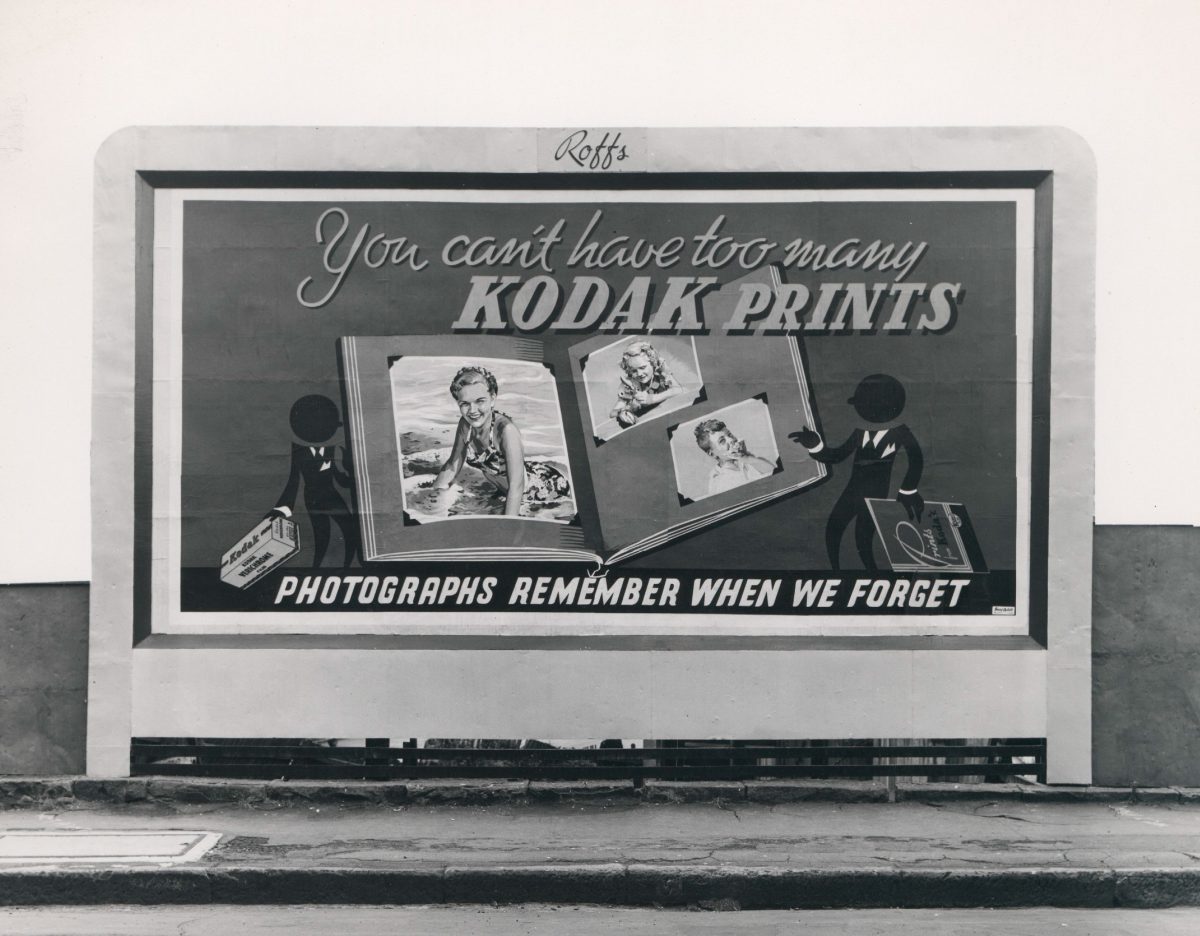The largest generation in the United States is buying homes and automobiles. Inflation will suffer as a result of this.
The millennial generation is growing up. After years of splurging on everything from skydiving trips to Instagrammable vacations in Peru, 30-year-olds with decent-paying jobs are now making long-term investments, buying cars, houses, and everything in them. The retreat from offices during the pandemic has only cemented the urge to settle down and accumulate the trappings of adulthood.
While Covid-era supply-chain disruptions have been the primary cause of rapid price increases in consumer goods, a long-delayed, demographics-driven shift in spending is also underway, one that could help fuel inflation long after supply-chain wrinkles have been ironed out and the pandemic subsidies.
Consider the unrealized spending potential. Following the global financial crisis, student-debt-ridden millennials famously moved into their parents’ basements, postponed marriage, and put off having children, if they decided to have them at all. According to a study of census data by Apartment List, just 47.9% of millennials — the 72 million people born between 1981 and 1996 — owned homes in 2020. At the age of 35, 53% of millennials owned a home, compared to 60% for Gen Xers and baby boomers, and nearly 70% for pre-boomers.
Marriage and children were inevitable for many. However, the pandemic marked a turning point. Millennials with plenty of cash or simply desperate for space began making long-term purchases. Last year, this age group accounted for more than half of all house loan applications and purchased more new cars than any other.
The size of the millennial population, which surpassed the baby boomers in 2019 to become the largest generation in the United States, is a crucial element that could effect inflation. Deflationary macroeconomic trends have dominated for years: aging, fewer babies, and automation. Those dynamics aren’t going away, but millennials may be driving a multiyear spending spurt.
Big-ticket items like new vehicles (11.1%) and secondhand cars and trucks (31.4%) were among the consumer categories 1 with the fastest price increases in November, while shelter jumped 3.9%. Millennials spent a bigger percentage of their total spending on housing and transportation in 2019 than previous generations.
Outside of the United States, the cost of large purchases is also growing. A rise in property prices in China is especially concerning to the government, whose “common prosperity” concept attempts to reduce income disparities.
Millennials’ frustration with high house prices may become an election issue in Singapore, while resentment over high housing costs has been a hot topic in countries from Germany to Canada to South Korea and Australia.
One question is whether millennials have more money to spend or if they just feel richer after two years of spectacular paper gains.
People who have money feel wealthy even though it’s not realized wealth, said Dan Ariely, a professor of psychology and behavioral economics at Duke University. That’s adding to the willingness to spend on all kinds of things.




